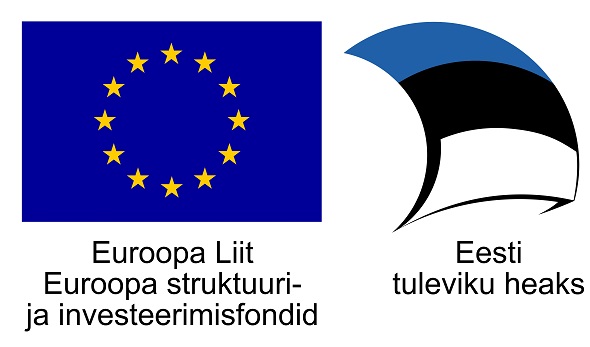The state does not know where our sensitive data can be found

In May 2018, the European Union will introduce a new regulation that will make individuals the owners of any and all data pertaining to them. However, governments and government organizations may not know what data precisely and in what databases is stored, as it may be, for example, in a cloud facility shared with third parties. So how can people and the state control what data exists and who owns it?
PSII project team, who won the pan-European (CBC) competition eGovernance Solutions recently, has created a data management software DeepScan that proposes a solution to the issue. By scanning and identifying the sensitive personal data stored in systems and public registers, DeepScan helps public sector organizations and companies to improve their data hygiene and meet the new GDPR regulation that will soon enter into force.
Artur Assor, one of the founders of DeepScan, says that somewhat surprisingly the biggest problem is awareness, or in fact the lack of it. “We see in our everyday work that companies and organizations often are not aware of the issue or do not have an overview of its full extent. As a rule, even experts are surprised by the results,” Assor added.
Assor hopes that winning the Creative Business Cup eGovernance Solutions contest and the resulting attention will make it possible to present the solution and raise awareness among the European government sector and companies.
The Creative Business Cup (CBC) is a global entrepreneurship competition held in Denmark with 63 participating countries. Its objective is to draw attention to creative business and the importance of applying creativity in innovation. Creative Estonia (Loov Eesti) is the official representative of the Creative Business Cup in Estonia.
The CBC sub-competition Creative Business eGovernance Solution was organized by Creative Estonia in cooperation with the Nordic Council of Ministers’ Office in Estonia and the Estonian Ministry of Economic Affairs and Communications.
The project is co-financed by the Ministry of Culture and Enterprise Estonia from the European Regional Development Fond.





